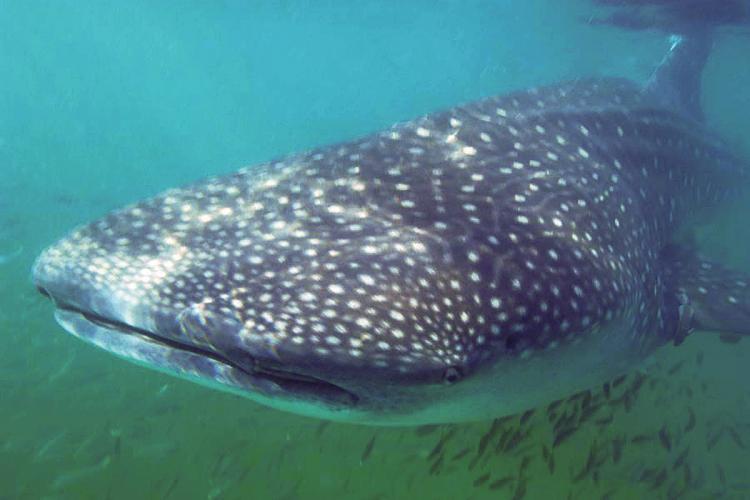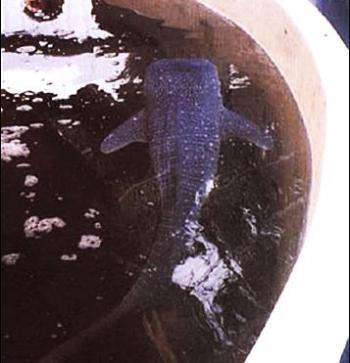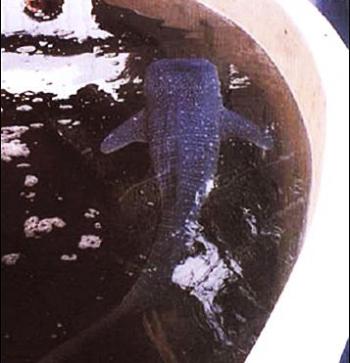Over 300 Embryos Found in Pregnant Whale Shark
A pregnant whale shark caught off the coast of Taiwan in 1995 was found to be carrying 304 embryos.

The only pregnant female whale shark ever studied scientifically carried 304 embryos that ranged in developmental stages from egg case-bound embryos to free-swimming near term animals. Shoou-Jeng Joung
|Updated:




